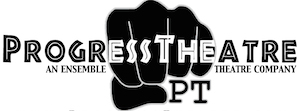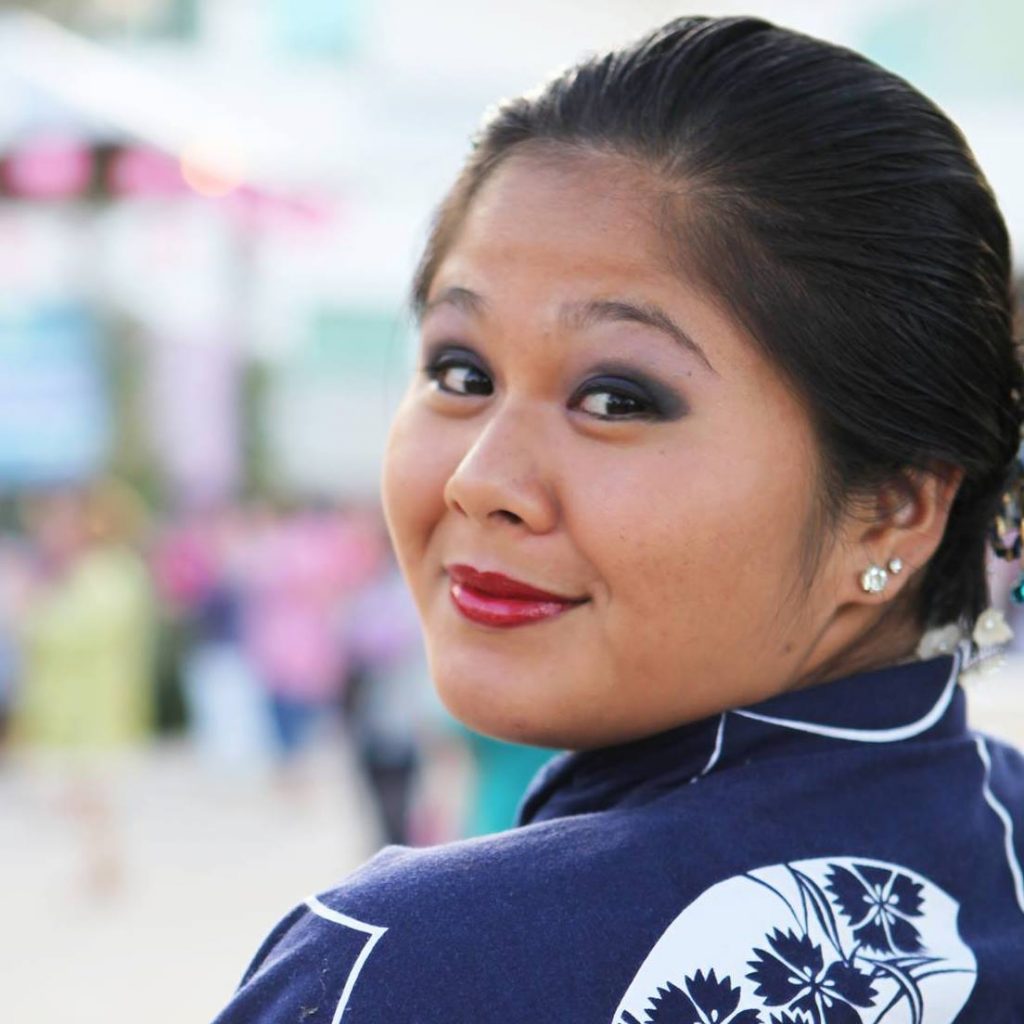Progress Theatre’s “Audience Blog” features responses to live PT performances written exclusively by show attendees we meet on tour.
How did you hear about PT? — Hannah Schauer Galli at the University of Hawaiʻi at Mānoa. Many students in the Theatre and Dance department (I was among them) were invited to attend the Progress Theatre Workshop. We were not sure what to expect because we had no background knowledge besides hearing that “It’s great!”
Was this your first PT show, workshop, engagement, etc? — Yes.
When was the last time you made progress? — One way I’ve progressed as an ally against discrimination is by bringing up these topics in conversation with friends, family, or people I meet (most importantly in the face of oppression). I believe at this time of the presidential run there has been an abundance of positive and negative things said to either oppose or advocate racism. The media coverage has gained international attention and definitely brings to the light the topic of cultural tolerance and change.
Ho’oponopono (Healing)
The Burnin’ at the Doris Duke Theatre at the Honolulu Museum of Art was a performance beyond words. There were so many moments that resonated within my heart, that at the time of the talk back I felt everything that needed to be said had already played out on stage. The SoulWork that I and my peers at University of Hawai’i had the privilege of learning about at Progress Theatre’s workshop, earlier in the weeks before, prepared us a little bit for what we would experience at the full show. I appreciated how Dr. Truscott explained that every performance differs based on the energy that is given and received each night between the ensemble and the audience. Just like life, each performance is dynamic. Progress Theatre’s performance was such a blessing to experience. I felt like every movement, sound, and character reached out and worked every soul in the room.
Many of the experiences that played out, I immediately related to my Native Hawaiian experience. For example, at the beginning of the show when the audience is thrust into a Southern plantation tour that gives a Disney-like perspective on the realities plantation life, I thought of similar tours about Hawaii’s plantation days and Luau that aim at immersing tourists in the Native Hawaiian or Polynesian experience. As we journeyed deeper into the story of The Burnin’, the depth and the tension rose where it caused my heart to squeeze for sadness and for joy. That squeeze left me feeling perplexed: Am I upset, am I sad, am I angry, and what caused it? Reflecting further later that night, I realized that those moments touched my deepest self. It was deeper than joy, hurt, or any other emotion–it got all the way to my core. It was universal. Just like how a smile can communicate across language, race, and religion, this play carried through it all, to everyone.
In the talk back, a women spoke of how she saw the confederate flag in Hawaii and, knowing of its negative association, she became upset. One of ensemble members, Derrick, addressed that. He shared that although history can be dark, we need to acknowledge all of history in order to learn from it. Both the good and the bad. In his words, “People are not all good or all bad all the time. Just how people are dynamic, so are the things around us.” Once that was said I believe it was a ho’oponopono (healing/mending) moment that took the first step in acknowledging the hurt within our community of people cross cultural-language-religion and moving us together as a whole toward a place of mutual love and respect. It was a beautiful reminder of how to refocus even when the world may be filled with angst and chaos around you. Remember, in regards to everyone-in every community–acknowledge them, respect them and give love.
Jocelyn Maki’ilei Ishihara lives in Kāneʻohe, HI. She studied at Winward Community College where she is currently the Assistant Manager for Paliku Theatre.

